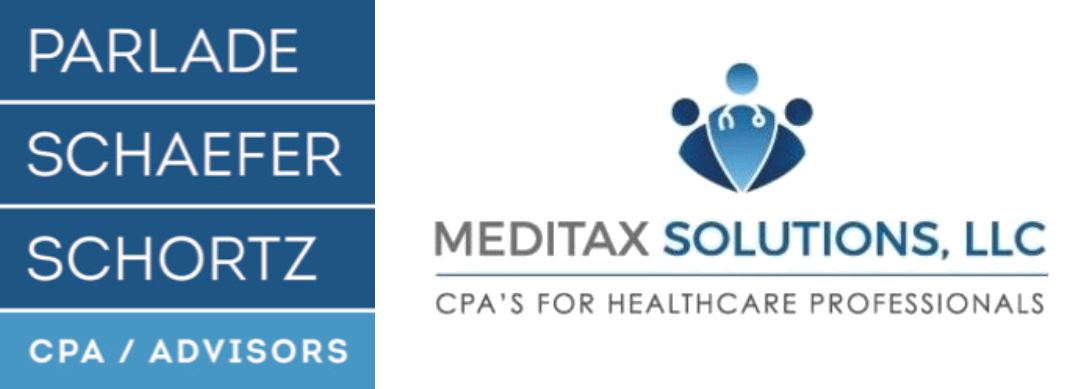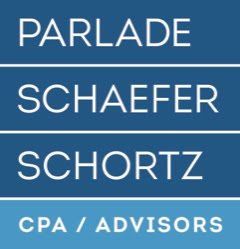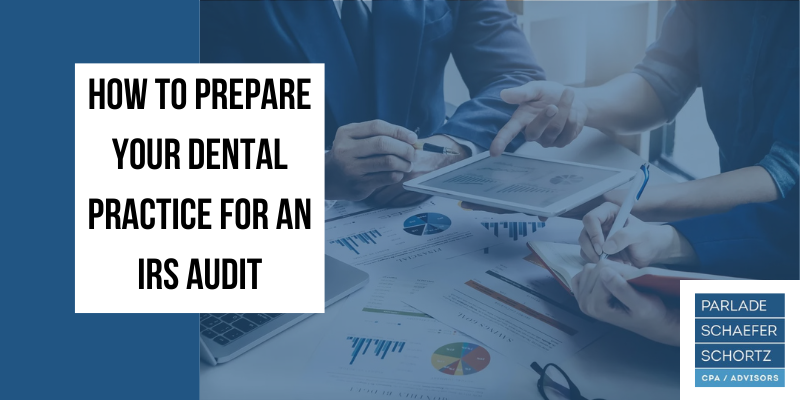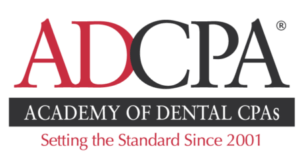A Relief for Small Business 401K Audit Changes
If you are a small business that has taken the arduous task of offering 401k benefits, you may be relieved by the 2023 changes. In 2023, the IRS introduced several changes to auditing requirements for small businesses with 401(k) plans.
Small Business 401k Changes
These adjustments are a welcome relief for many employers, given the financial burden annual audits can cause. While it's always advisable for businesses to perform audits to ensure compliance with ERISA regulations, it's worth noting that the government mandates audits of “large plans” to accompany the submission of Form 5500.
This process is intricate, and hiring an audit consultant is necessary to guarantee compliance with the law if you are defined as a
large plan. However, the alterations in 2023 redefine which businesses must undergo this potentially costly process.
401k Audit Requirements
An annual 401(k) audit is recommended for all businesses to assess compliance and the retirement plan's overall health. However, it becomes a requirement for larger plans, and the definition of "large plans" has changed.
You must conduct an audit if you initiate a plan with 100 or more participants. However, if you already had a plan last year, you can retain your small plan status if your participant count remains under 120. Furthermore, the method of counting participants has also evolved.
Previously, all eligible employees and all terminated or retired employees with balances were included in the participant count. However, the changes in 2023 exclude eligible non-participating employees from the tally.
This adjustment can be significant as it no longer artificially inflates your employee count with individuals who opt out of participating.
401K Audits Due
These audits are due seven months after the end of your plan year. So, if you operate on a calendar year, this would be due on July 31.
The Solo 401K
For small businesses operating solo 401(k) plans—commonly used by self-employed individuals or partnerships—filing becomes mandatory once your plan's assets reach $250,000. Fortunately, for these types of 401(k)s, there is a streamlined process with the 5500 EZ form.
Navigating the intricacies of 401(k) plans is challenging. As retirement plan regulations evolve, staying informed and compliant remains essential to manage these plans safely.
To navigate these complexities, we are a team of CPA financial planners in South Miami and Punta Gorda, Florida, specializing in dentistry, medical, and real estate, among our many specialties.
Give us a call to learn about our unique and comprehensive services.






